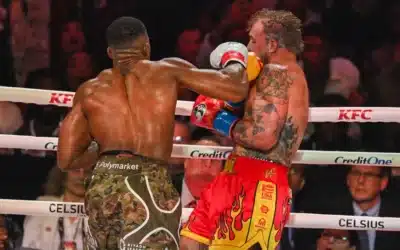Politics is collective action. Sociology deals with the norms people construct to define behaviors and roles in a society, specifically how that society deals with the distribution of resources.
Government is usually treated as a political construct. People, acting in unison, consciously develop procedures for promoting the common interest. We think of American government as the product of a deliberate framing, with a Constitution that dictates and limits the functions of government. The roles of citizens and public officials are clearly defined.
I think government is actually a sociological construct. That is, government doesn’t actually function the way we believe that it does. Instead, our beliefs about how government functions cause us to behave in certain ways. We snitch to police, pay taxes, voluntarily refrain from jaywalking, etc. Our dissatisfaction is ameliorated by our perception that voting makes a difference. We feel materially secure merely because we identify superficially with the culture or personality of particular leaders and representatives.
Real outcomes are determined by invisible processes we can’t control. We are sheep, or cogs in a machine, playing a role which serves those non-transparent processes. Society is a tapestry, a garden or organic outcome. Its outcomes are well beyond our control, and it often does not serve our interests at all, but we all play an important part in making it all work. Against this, our notion of government is a useful narrative – wool over our eyes – that creates social harmony through self-imposed constraint.
A famous example of sociological principles in action lies with the Hindu reverence for cows. To many Hindus, cows are inherently sacred. Their religious and spiritual worldview includes mythologies and narratives which explain exactly why cows should be considered sacred, but these mythologies are hardly tied to empirical fact. Instead, sociologists hypothesize, the belief in the sacredness of cows is a sociological adaptation. In high-population India, milk is an important renewable source of nutrients. The laws of economics show that when cows are consumed for their meat, there is significantly less total nutrition available than if their milk alone is consumed. Thus, even if the reason was arbitrary, as soon as some Hindus in the distant past chose to stop eating cow meat, those populations would survive in greater numbers than other, starving, populations that killed cows and deprived themselves of that supply of milk.
Is American government democratic? Does our constitution balance the interests of competing self-interested factions? Do the branches of government compete and restrict each other meaningfully?
Well, we’re not fighting each other on the streets just yet, so maybe there’s some tangential merit to these mythologies.





























